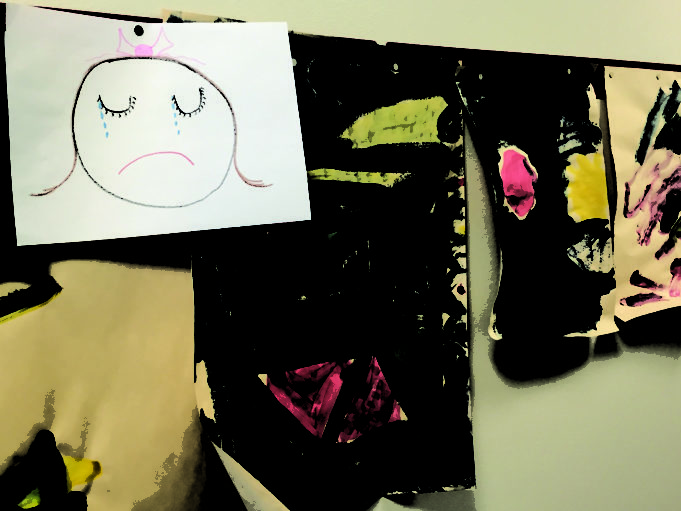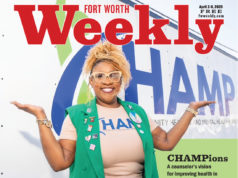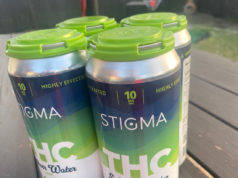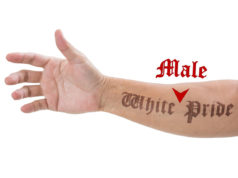It’s not a subject easily discussed, and it affects such a small portion of the population that most people don’t know it exists. But for those affected by it, it can be devastating. It is problematic sexual behavior (PSB) in children between the ages of 7 and 12, behavior that is not only age-inappropriate but is generally predatory in nature. And until last year, there was nowhere for parents and caregivers to turn to for help in Tarrant County. That changed last year when Lena Pope, an 80-year-old Fort Worth nonprofit devoted to helping children and families via counseling and education programs, opened the doors on Project SAFeR. Through Project SAFeR (Safety and Family Resiliency), counselors aim to fill the gap in social services for children and families dealing with PSB by offering specialized therapy for both the child and the adults to modify the predatory behavior. It is the only program of its type in Texas.
Some of the behaviors considered problematic are those in which it is harmful, or potentially harmful, to the child or others; in which the child coerces or forces others to participate in sexual behavior; and when the sexual behavior is between children of significantly different ages or developmental abilities.
Todd Landry, Lena Pope’s executive director, said that until the project got off the floor, “families had to face the challenge [of PSB] with minimum or no support. And it is a very difficult challenge to deal with. But I believe these are behaviors that can be changed. The children need to be taught new behaviors, and the parents need to know how to help curb the problematic behavior.”
The program entails a weekly three-hour therapy session for 18 weeks for both the child and the parents or caregivers. The eight therapists working with Lena Pope are “all licensed mental health workers who have completed advanced training working with this population,” said Julie Evans, executive director of Alliance for Children, a nonprofit dedicated to the healing of child abuse victims and one of the developers of Project SAFeR for Lena Pope. “The model is designed to give both the child and adult the tools they need to adjust the behavior,” she said.
The sessions are held in separate groups, with children in therapy with other children and the adults with other adults. They are separate, Evans said, because the therapy is aimed at specific results. “Our focus with the children is about teaching them appropriate behavior,” she said. “Our focus with the caregivers is on how to enforce those behaviors at home.”
While neither Landry nor Evans went into the specifics of the problem behaviors, both made it clear that the behaviors are serious.
“Most of our referrals to date — the program has been completed by 10 children and their caregivers since it was launched in July 2015, with 20 more in the program currently — have come from child protective services or law enforcement,” Landry said.
He added that a few cases were referred by school counselors, and a small number involved desperate parents who contacted either the Alliance for Children or Lena Pope directly.
“We saw the need for this type of program a few years ago,” Landry said, “when [Evans] was working with one of our program directors here at Lena Pope, and we realized there was a gap in services for this small but important number of children and their families. So with the leadership of Julie and the staff at Lena Pope — who were working with the Tarrant County DA’s office and Juvenile Services — this community looked around the country at programs that had the best models for these kids and families.”
The model program they chose was developed by Jane Silvosky, a professor of pediatrics at the University of Oklahoma Health Sciences Center. Silvosky worked to implement the specific program that would best suit Tarrant County’s needs, and the group with whom she works, the National Center on the Sexual Behavior of Youth Training and Technical Assistance Team, trained the therapists currently working in Project SAFeR. Silvosky’s program was developed more than 10 years ago and is now implemented in 21 states. She is quick to credit the “original school-age group treatment program for children with PSB protocol developed by Dr. Barbara Bonner, Dr. E. Eugene Walker, and Lucy Berliner,” whose work in the early 1990s in studying predatory sexual behavior among children and young teens showed it to be treatable with therapy.
Though the behaviors can be corrected, Silvosky said, broaching the topic with parents the first time is difficult.
“As you can imagine, being told that your child has a problematic sexual behavior can be one of the most stressful experiences a caregiver can have,” she said. “Caregivers have a range of emotional responses. Many start with denial, not wanting to believe this could possibly occur. We are finding that with the right messages from law enforcement, child protective services, school, and others, the caregivers come to understand that this is a serious situation and [that] there is hope by connection with services, such as those provided through Lena Pope.”
Landry noted that despite the difficulty of talking with parents about their child’s behavior, in the end “every parent I’ve met wants what’s best for their kids.”
Evans agreed but added that a lot of families face additional stress.
“I think the added challenge these families are going through is that many of these youths are in homes with siblings,” she said. “So the parents are often trying to protect one child who is the victim of abuse while also trying to protect the youth with the problematic behavior. And as a community, we’ve got an obligation to both of those children. This program allows support for a caregiver in an exceedingly challenging situation.”
Of the families who have entered Project SAFeR, Landry said, none have dropped out. Most have found great relief. Though Lena Pope was unable to connect me directly to any of the families involved, Lena Pope leaders were able to provide feedback from several of them anonymously.
One wrote, “This has healed our family, and we have hope for the future.”
Another wrote, “I am so thankful that there is finally a place to get help. We’ve done counseling before, but it didn’t help. Project SAFeR has saved us.”
Landry said the decision to include a child and his or her parents or caregivers in the program is based on three elements.
“We, meaning the therapists doing the assessments, first look to see whether the behavior is physically or emotionally harmful to others. Secondly, we assess whether the behavior is developmentally inappropriate. Is this typical for a 7- or 12-year-old? Then, third, is it behavior that’s been unresponsive to normal parenting strategy?”
When all three criteria are met, Landry said, “that’s when a parent or caregiver needs additional help, and that’s where this program comes into play.”
Though it’s too early to say whether the Lena Pope program will have lasting results, Landry was able to point to a similar program in Omaha, Neb., that has been “in existence for over 10 years, and they have followed up and have concluded that 98 percent of those cases were successful.”
Everyone involved is hoping that Project SAFeR can point to similar numbers in 10 years’ time.













